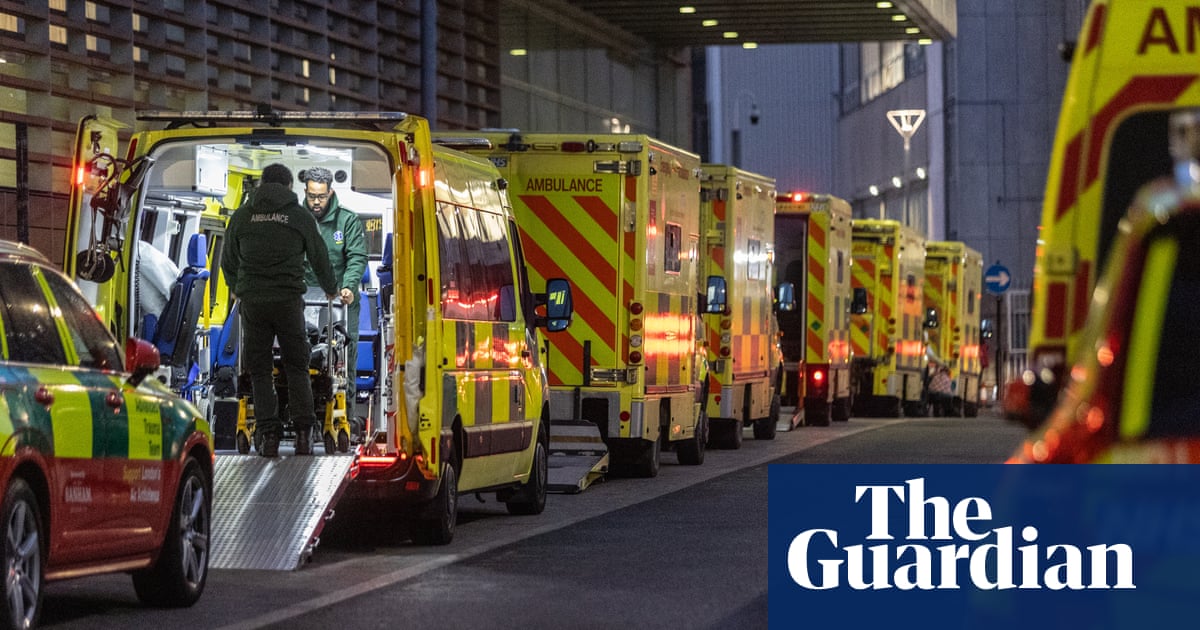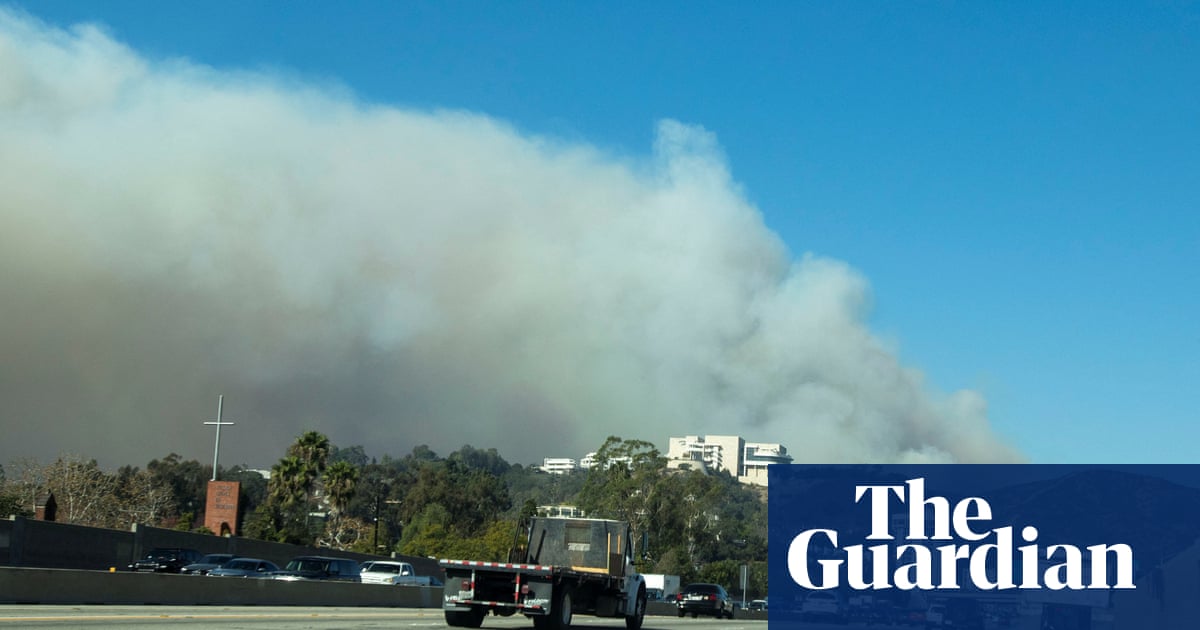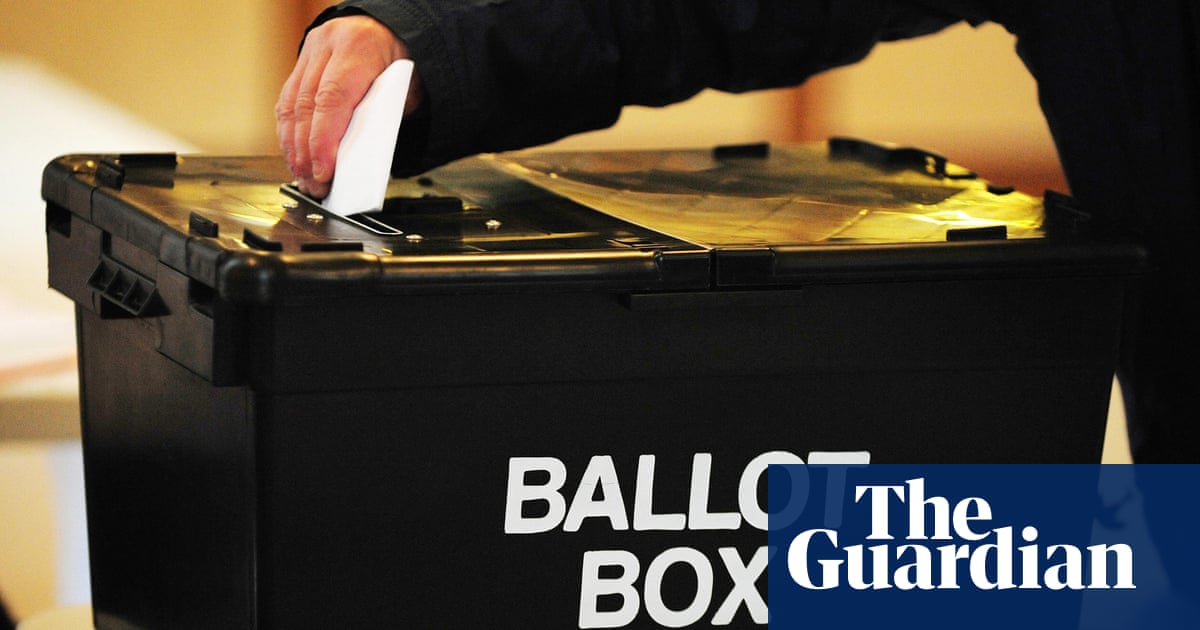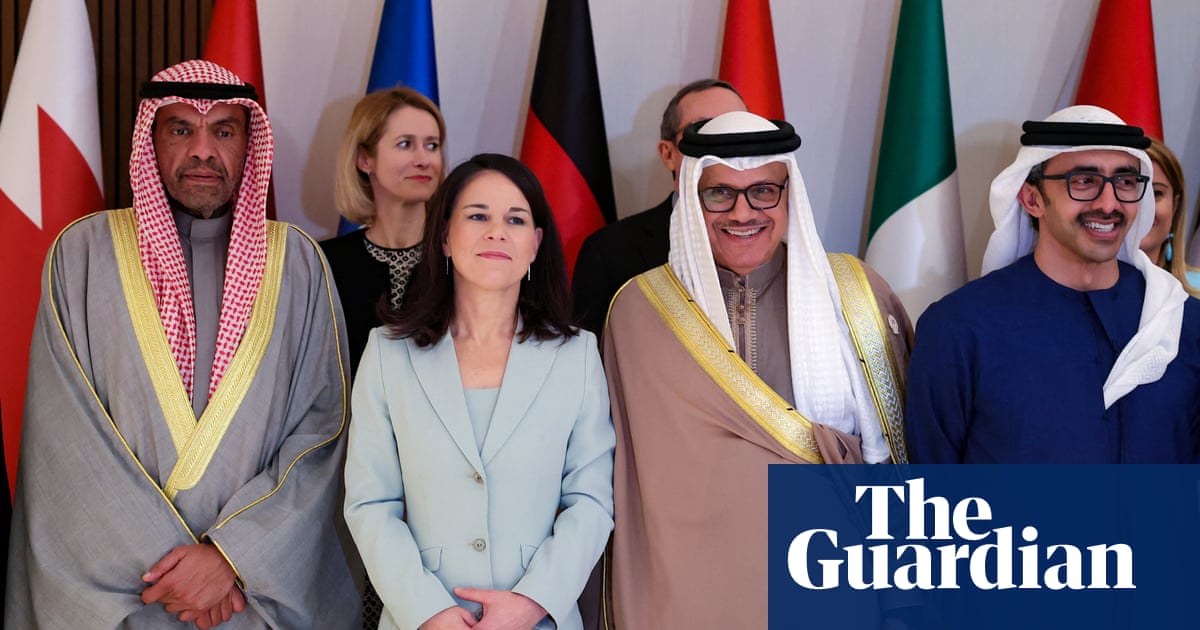Want to know a fun fact about Palestinians? They’re hard to kill. You can bomb them, bury them under rubble, burn them alive and they still don’t seem to die at the rates of normal people. How else do you explain the fact the death count in Gaza barely seems to budge, even though not a day seems to go by without another new massacre and with starvation and the spread of disease only getting worse?
A staggering 43,000 dead Palestinians. That’s the official number the most recent coverage cites. That’s when a number is cited at all: many pieces on Gaza don’t even mention the death count anymore.
I obviously have no idea how many people have been killed in Gaza. Partly that’s because – and I don’t understand why every single journalist in the west is not appalled by this – the foreign press is not freely allowed in. Meanwhile – and, again, I don’t understand why every single journalist in the west is not enraged by this – Palestinian journalists are being wiped out. There is essentially a media blackout. So it’s hard to assess the death toll. But what I do know is this: citing that official 43,000 figure without providing a long list of caveats feels like journalistic malpractice at this point.
First, anyone citing the death toll should include the fact that UN estimates from May (which was months ago!) found there are likely 10,000 people buried at the bottom of the rubble in Gaza who can’t be counted. Not to mention the fact that there are people dying of preventable diseases every day because adequate medication is not being allowed into the strip and the healthcare system is barely functioning.
And they should stress the fact that counting is almost impossible; there is no infrastructure left by which the dead can measured or properly mourned. Palestinians are being blown into such small pieces at such alarming rates that there are frequently no meaningful remains to count. I recently spoke to Dr Nizam Mamode, a British surgeon who worked in Gaza with Medical Aid for Palestinians during August and September, who told me people in the hospital morgue have to weigh body parts to try and assess how many people are killed: “So 70 kilograms is one body because they will just get brought in bits of bodies.” Mamode, like everyone who has actually been on the ground in Gaza, emphasizes that the official death figure is likely an underestimate.
By now, many people believe the actual death toll is likely in the hundreds of thousands. In July the Lancet medical journal published a piece that estimated around 186,000 total deaths could be attributable to the current conflict in Gaza – roughly 7.9% of its population. Writing in the Guardian, last month, Devi Sridhar, chair of global public health at the University of Edinburgh, noted that if deaths continue at this rate estimated deaths by the end of the year would be 335,500 in total. That’s 15% of the population. Sridhar has also noted that the Lancet used a conservative estimate and actual figures may be much higher.
Apologists for what is happening will shrug their shoulders and say: this is what happens in war. It’s tragic, but it’s war; innocent people die all the time. But, here’s the thing, wars have rules. They have limits. The scale of destruction in Gaza strongly suggests that this is no longer war by any normal standards. Indeed, numerous experts are raising the alarm that this is now a genocide. Still, much of the mainstream media seems to be blithely ignoring these warning bells, continuing the pretence that what is happening is a normal war rather than a systematic extermination.
Omer Bartov, an Israeli-American historian who is a professor of Holocaust and Genocide Studies at Brown, is one of the experts who believes what is happening in Gaza is a genocide. He didn’t always believe this to be the case. Last November, Bartov wrote a piece for the New York Times stating: “I believe that there is no proof that genocide is currently taking place.” But this came with a disclaimer: “There is genocidal intent, which can easily tip into genocidal action … There is still time to stop Israel from letting its actions become a genocide.”
Intent is a key component of genocide, which is legally defined as committing certain specified acts (including killing and imposing measures intended to prevent births) with intent to destroy, in whole or in part, a national, ethnical, racial or religious group, as such.
The genocidal intent Bartov mentions is the dehumanizing language and threats of total annihilation from Israeli politicians and influential figures. There are hundreds of these statements out there. Bartov cites an example from 9 October, when Major General Giora Eiland wrote in the daily newspaper Yedioth Ahronoth: “The State of Israel has no choice but to turn Gaza into a place that is temporarily or permanently impossible to live in.” In another article, Eiland wrote that “Gaza will become a place where no human being can exist.”
In November, when Bartov wrote his Times piece, those genocidal intents hadn’t fully been matched with genocidal action. But that changed, in Bartov’s view, in May 2024, when the IDF started its assault on the city of Rafah, despite being warned not to by the US. That was a major tipping point, Bartov told me in a recent phone call. That was when it became genocide.
“When you look back, you could see that there was a concerted effort, not only to move the population over and over again, but also to destroy everything that makes the life of a group possible,” Bartov says. “There was a concerted and intentional effort to destroy universities, schools, hospitals, mosques, museums, public buildings and housing and infrastructure. If you look back, you could say that this was happening from the beginning. But the kind of proof in the pudding was this last effort in Rafah.”
Rafah was a grim milestone. But the very last stage of this genocide, Bartov says, is happening right now in Jabalia, North Gaza, where over 1,000 people have been killed in the last three weeks. What’s happening in North Gaza should not be considered – as it often seems to be in the media – as just more bombing. Rather, Bartov notes, it is a genocidal campaign clearly based on The General’s Plan.
“This is a plan sketched out by retired General Giora Eiland, which has been discussed for months now in the Israeli media, to empty that region of civilians through military pressure and starvation … This is a first step toward annexing the Strip north of the Netzarim Corridor, which will lead to its settlement by Jews and will itself be only the first phase in the gradual takeover of increasing portions of the Strip, squeezing civilians into ever shrinking areas and eventually either forcing them out of the Strip or causing ever larger numbers of them die. In short, this is a genocidal plan.”
The ICJ will likely not rule for years about whether the situation in Gaza meets the narrow legal definition of a genocide. But Bartov believes that the operation in Jabalia is so blatantly genocidal that “it is possible that the ICJ will find this operation to be genocide even if it hedges on the war in Gaza as a whole.” Which is what happened in the case of Bosnia, where the massacre in Srebrenica was found to be genocide.
Genocide – coined by Polish-Jewish jurist Raphael Lemkin during the second world war, to describe the Nazi extermination campaigns – is obviously one of the most serious words there is. It’s not a term that anyone should throw around lightly. There were a lot of Israel’s critics, Bartov believes, who were using the term irresponsibly in the days after 7 October, and labelling Israel’s actions a genocide when they had not yet reached that point. The term, he notes, has been watered down to some extent: “It has been used so often as a kind of anti-Israeli phrase that it has lost a lot of its value.”
At the same time, says Bartov, because the genocide convention comes in the wake of the Holocaust, there’s a tendency to say that if it’s not the Holocaust then it’s not genocide. “If we don’t have extermination camps, if it’s not being done across the continent, if it’s not the Nazi regime carrying it out, then it’s not a genocide.”
More broadly, genocide can be a problematic term. The genocide scholar Dirk Moses, who wrote a 2021 book called The Problems of Genocide, has argued that it isn’t really fit for purpose anymore because it “produces a hierarchy of mass death that organizes and distorts thinking about civilian destruction”. Its legal definition is also so narrow that even if the entire population of Gaza were wiped out it might still not be considered genocide.
Even with all those qualifications, however, Bartov believes it’s better to have a legal definition of genocide than not to have it. “Because if you are aware of it and you are aware of what are the indicators of that possibly about to happen, then you can try to stall it in various ways.”
Again: genocide is a loaded term. It is not a term that Bartov, who is a leading scholar of genocide, throws around lightly. And yet, he believes it’s time for the media, which shies away from using the g-word, “to face facts”. What’s unfolding in Gaza is genocide.
-
Arwa Mahdawi is a Guardian US columnist
-
Do you have an opinion on the issues raised in this article? If you would like to submit a response of up to 300 words by email to be considered for publication in our letters section, please click here.

.png) 2 months ago
16
2 months ago
16













































